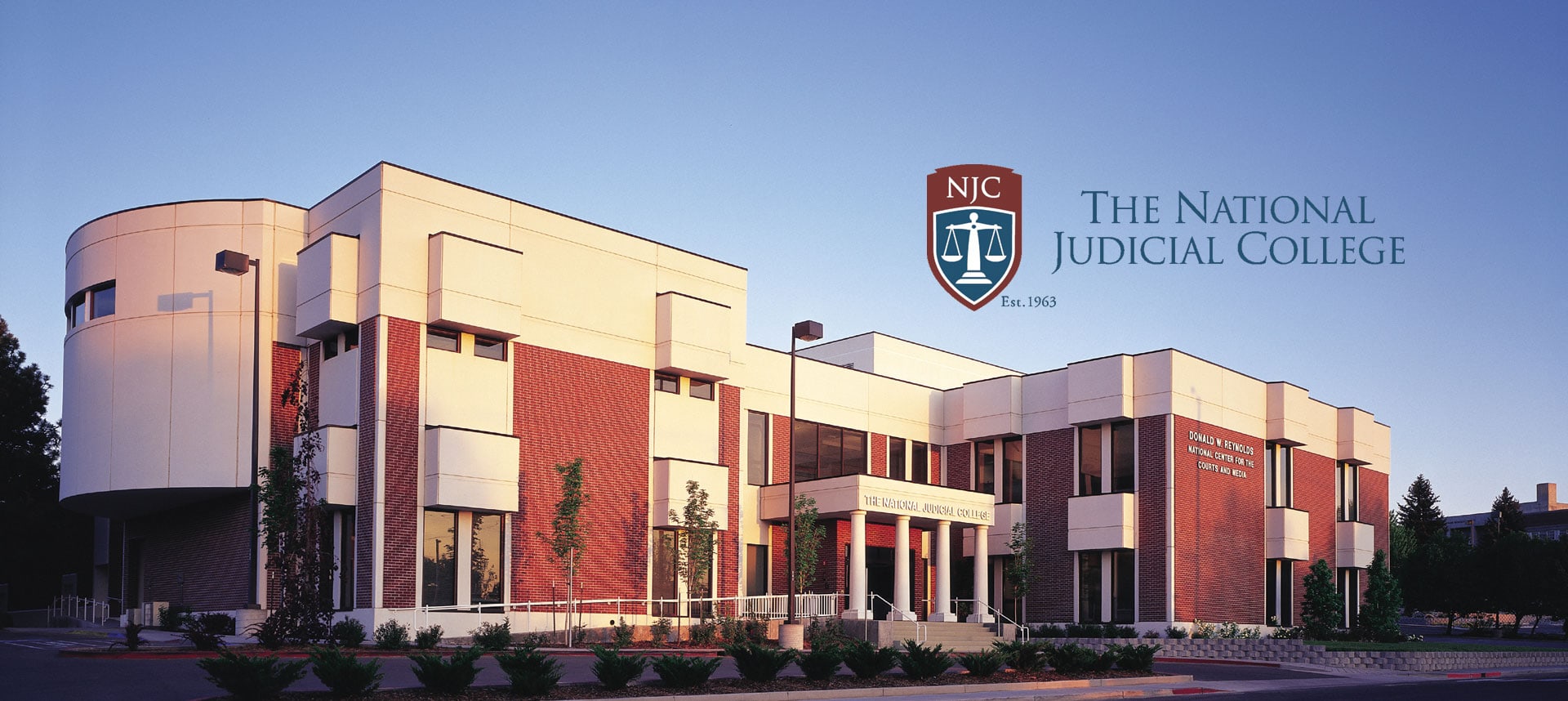
Sign up for the NJC’s free webcast “The Judge’s Role in Responding to a Pandemic,” this Thursday, March 19, at noon Pacific.
In light of the recent coronavirus outbreak, our Question of the Month for March asked NJC alumni, “Do you feel adequately prepared to make judicial decisions involving the coronavirus or a similar public health emergency?”
Of the 316 who responded, almost 6 in 10 said no.
They said they do not feel adequately prepared to deal with the potential effects of an outbreak and quarantine, such as how to weigh personal rights against public safety, how to ensure continuity of court operations, and whether to relax evidentiary rules and allow video testimony to avoid infection.
Seventy judges submitted comments.
Several cited the need for reliable information on the virus to make informed decisions.
“Our court has not provided us any information regarding contingency plans for a public health emergency, and there are confirmed cases in our state,” wrote one judge, anonymously, as was most often the case. “I feel absolutely unprepared and uninformed about what to expect and am concerned about the lack of forward-focused leadership in our state and local courts.”
Another pointed out that the poll question presupposes that there will be a way to test millions of people and have adequate resources to quarantine those who either test positive or have been in contact with someone who has tested positive.
Other concerns included:
- How to manage time-sensitive hearings
- Knowing when to issue orders to close a public event or quarantine
- What to do if jails become infected and how to proceed with convictions, bond release, etc.
- Vulnerable populations without access to health care or disease-prevention hygiene make up a high percentage people who come before the court.
- The virus spreading easily among juries and court personnel who come into close contact with the public
- Staff training
- Evidence and mail decontamination
Among the 41 percent of judges who said that they do feel adequately prepared, the majority said video conferences and telecommunications could easily become the new status quo.
Some judges said that their states are educating them on the potential problems and are going over legal precedents with respect to quarantines and related issues.
Pennsylvania judges recommend their state’s Public Health Law Bench Book—published during the SARS outbreak—as a resource for judges.
One commenter who self-identified as a Washington state Board of Industrial Insurance Appeals judge wrote, “As in other analogous circumstances (i.e., very severe weather, earthquake, threats and the like), one of the largest challenges is preparing oneself psychologically to get out of our business-as-usual entrenchment to make wise decisions recognizing extraordinary circumstances. Denial can be as much a fault as panic or overreaction.”
Another anonymous judge expressed the belief that the “proper path forward” should be “discoverable” from “existing law and judicial principles,” given enough good information about the nature and scope of the emergency.
For more information about COVID-19, pandemics generally, and continuity of operations, please visit https://tinyurl.com/Pandemic-Benchbook, https://www.ncsc.org/pandemic, and also sign up to attend NJC’s webcast called a “Judge’s Role in Responding to a Pandemic.” Click here so sign up.
* Each month the College emails an informal, non-scientific one-question survey to its more than 12,000 judicial alumni in the United States and abroad. The results, summarized in the NJC’s Judicial Edge Today, are not intended to be characterized as conclusive research findings.

The Hon. Mary-Margaret Anderson (Ret.), a retired administrative law judge with the California Office of Ad...

Happy October, Gaveliers faithful. Are you loving this or what? No one believed a team made up of judges...


Hon. Diane J. Humetewa, the first Native American woman and the first enrolled tribal member to serve as a ...

Retired Massachusetts Chief Justice Margaret H. Marshall has been selected as the 2024 winner of the presti...